
Diana Weber
Lawyer of international law
Rating:
16
January
How to Get Slovenia Сitizenship
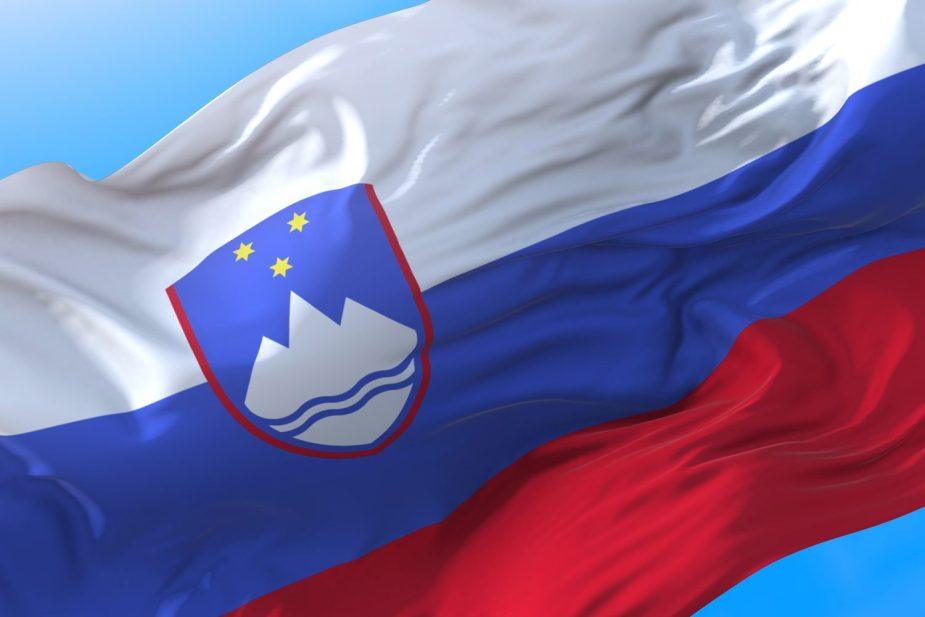
Applicants can obtain Slovenia citizenship by naturalization programs (ordinary or accelerated), through the restoration of previously lost status, or on the basis of ethnic affiliation. In most cases, the applicant must fulfill the requirement for a residence census in the country, be law-abiding, integrated into the local community, have no criminal record, tax debts, and a passport abroad. The holder of the identity card of the Republic of Slovenia is simultaneously a citizen of the European Union.
In 2025 with a Slovenian passport, a foreigner has the right to live in any of the EU countries, travel through the territories of the Schengen Agreement without visa restrictions, get a job or develop a business within the European Economic Area. The norms for granting status are regulated by the law “On Citizenship of Slovenia” dated 06/25/1991. Details about obtaining an EU passport (terms, cost, grounds, categories of applicants) are given in this article.
Applicants who can apply for citizenship in Slovenia are those who:
In most cases, applicants for a Slovenian citizen’s passport need to be over eighteen years old, have no criminal record, write a refusal from a similar document in their home country, have sufficient income and a place of registration (residence) in the republic. All categories of naturalized applicants are required to live in the state from one year to ten years at the time of application. Also, foreigners should demonstrate a sufficient level of knowledge of the Slovenian language for communication, agree to pronounce the text of the oath when receiving a certificate of citizenship, undertake to comply with the norms of the republican constitution.
At a free consultation, Immigrantinlaw specialists explain the nuances of an expedited move to Slovenia. Their lawyers assist clients in legally obtaining Slovenian citizenship in the shortest time possible.
Applicants can obtain a Slovenian passport by right of birth, as naturalized persons in the usual or simplified manner, through repatriation and restoration. Also, the identity card of the republic is provided to immigrants for valuable services to the state. According to the constitution, in 2025 it is impossible to buy Slovenia citizenship by investment or in any other way. Investing funds is possible in opening a company in the territory of the republic and subsequent registration of a residence permit with the right to naturalization. Children born in Slovenia to foreign parents receive parental citizenship - the “right of soil” in the state does not apply.
Foreigners holding a passport of another EU country can have the privileges of a Slovenian citizen. Citizens of the union are equal to each other in the ability to choose a place of permanent residence in any of the EU countries without bureaucratic conditions and documentary requirements.
The status of a Slovenian citizen is automatically assigned to a child if he also has at least one of the parents (the country where the birth took place does not matter). Persons living abroad but having a Slovenian national identity card can request a passport of the republic for children through a diplomatic representation. These conditions also apply to legal guardians and adopters of minors. Applicants older than 18 but younger than 36 can independently apply for citizenship of Slovenia, provided that they are children of citizens of the republic (at least one of them).
Foreigners who do not have an ethnic connection with Slovenia most often claim local citizenship as naturalized persons. Applicants over the age of 18 who have legally resided in the republic for at least ten years and have a permanent resident card have the right to apply. The applicant must meet the basic requirements for a candidate, form a corresponding dossier, pay fees, and take an oath. Naturalization begins with the foreigner moving to Slovenia, where he/she receives a permit for temporary residence, extends it, after a five-year period - changes to permanent residence, and after another 60 months applies for citizenship.
Submit an application form and we'll get back to you!
A number of persons have the right to naturalize in Slovenia with a reduced residence census:
Persons who previously owned a Slovenian passport and lost it as a result of forced deprivation can reapply for an identity document. Requests are considered by the authorities individually, taking into account the national interests of the state.
Obtaining a Slovenian passport by roots is available for applicants who have or had persons owning a similar identity document in their family up to 4 generations. The applicant must confirm his ethnic affiliation to the state, for example, by a birth certificate of a suitable relative, as well as other documents substantiating the applicant’s connection with the corresponding person.
All details of an easy move to Slovenia can be discussed with Immigrantinlaw’s legal experts during a free consultation. They help clients swiftly and lawfully secure Slovenia citizenship by descent.
The basic dossier of an applicant for a Slovenian passport looks like this:
Foreign documents must be translated into Slovenian by an authorized person, notarized, and apostilled.
The internal Slovenian identity card is a plastic card with the owner’s biometric data encrypted in the chip. The document can be used by the owner inside the republic and for travel within the Schengen area. For other trips, the applicant is entitled to issue a foreign passport. The document of a single EU sample has a burgundy cover and pages for visas. A Slovenian foreign passport gives the owner access to such privileges:
Immigrantinlaw lawyers offer a free consultation on the streamlined process of obtaining Slovenian residency and a passport, guiding clients through a fast, legal transition to Slovenia.
Submit an application form and we'll get back to you!
There are no signed agreements “On Dual Citizenship” between Slovenia and the rest of the world. The legislation of the republic also prohibits local passport holders from having a similar identity document abroad. The right to a second citizenship is only available to refugees, repatriates, applicants restoring previously lost status in Slovenia, and minors. The opportunity to keep a passport abroad is available to immigrants who cannot refuse it due to force majeure circumstances.
Applicants for a passport of a developed European country can use the help of professionals in the field of jurisprudence to obtain citizenship of Slovenia or another EU country. International law specialists offer clients optimal ways to arrange the requested document, depending on the request and pedigree of the applicant, and provide turnkey support. Migration lawyers Immigrantinlaw perform most of the tasks instead of the applicant, from forming a dossier to organizing visits to government bodies, and do everything necessary to successfully achieve the planned result.
Get more information about the peculiarities of immigration to the EU at a free consultation
Immigration to Belgium for Permanent Residence
17 July
Permanent residence in Belgium is issued to foreigners who have a documentary right to permanently reside in the state. You...
How to Get Citizenship of Greece
31 January
Citizenship in Greece is the legal conection between you and the country, regulated by the Constitution and related laws, providing...
Immigration to Germany for Permanent Residence
24 April
Permanent residence in Germany is a document for permanent living in the country, which is provided to immigrants after fulfilling...
Obtaining Denmark residence permit for foreigners
14 February
Residence permit in Denmark is a permit for temporary residence in the country, which is issued to migrants if there...
How to Get Citizenship of Poland
27 December
Polish citizenship is a status that gives you access to national rights and privileges on the territory of the country,...
Immigration to Hungary for Permanent Residence
16 September
Moving to Hungary is an opportunity to live in an inexpensive, but economically developed and promising country of Eastern Europe...
Discover
new opportunities
with a European Union passport!
Submit the application form and we will call you back!
Leave a request
Contacts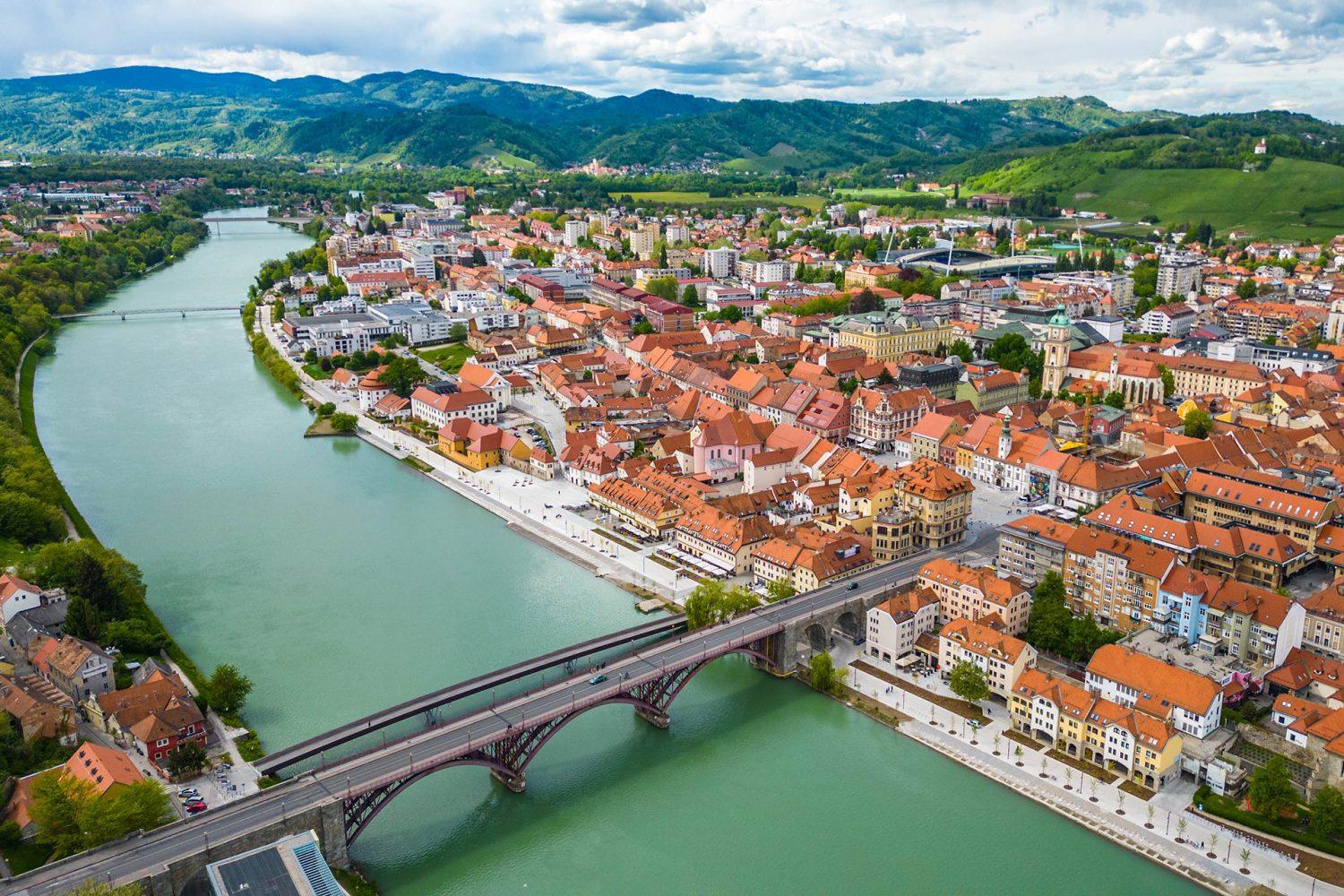


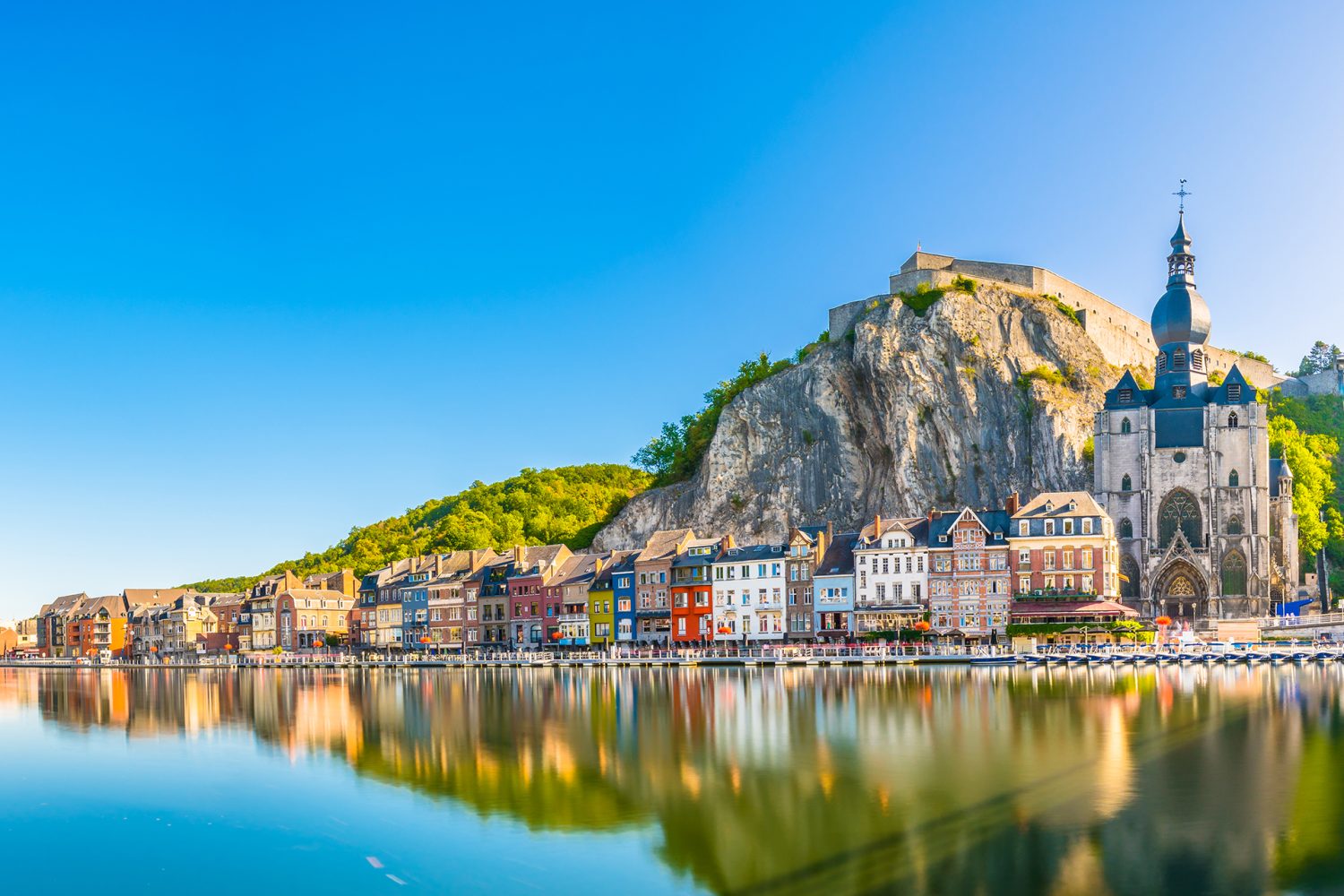
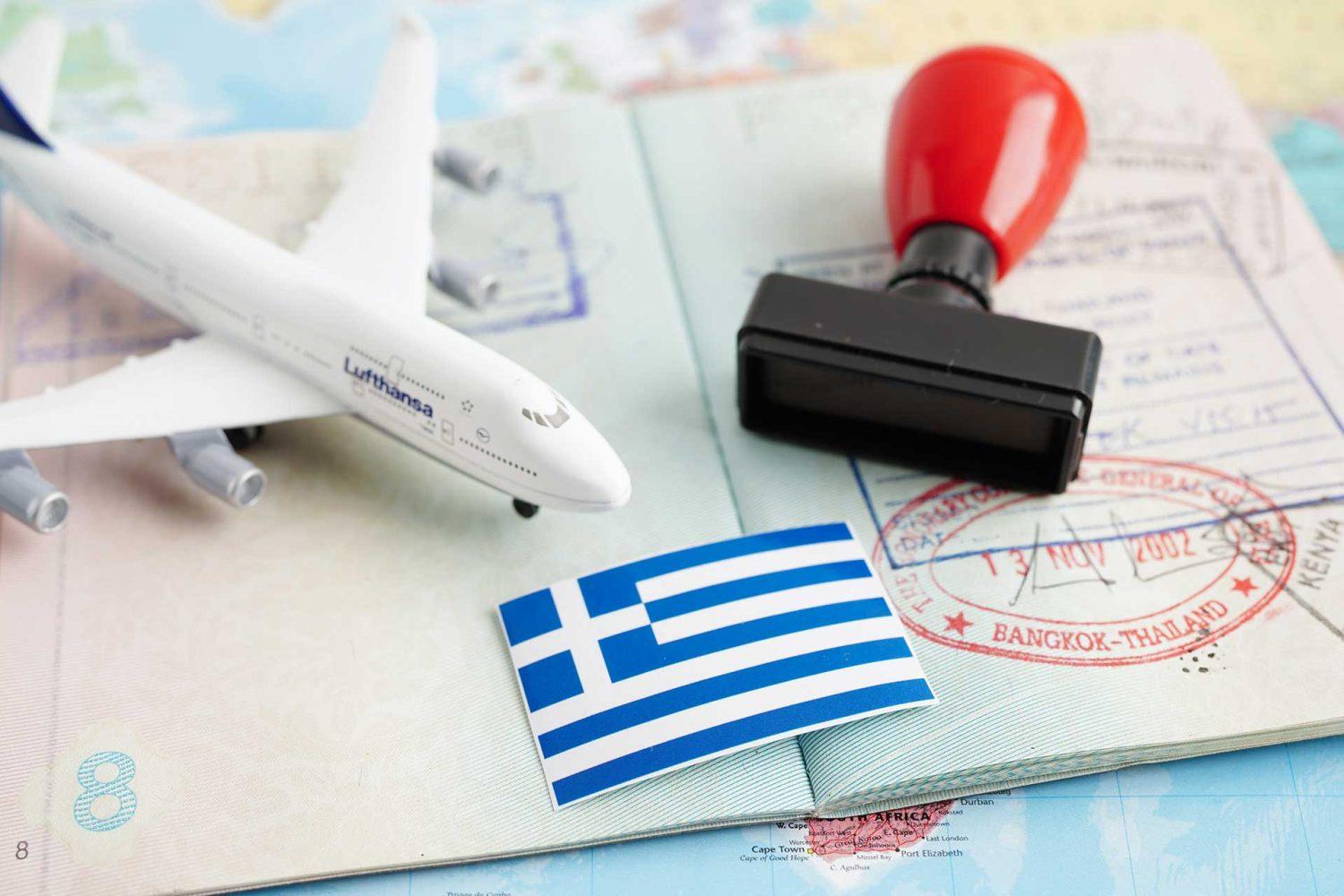
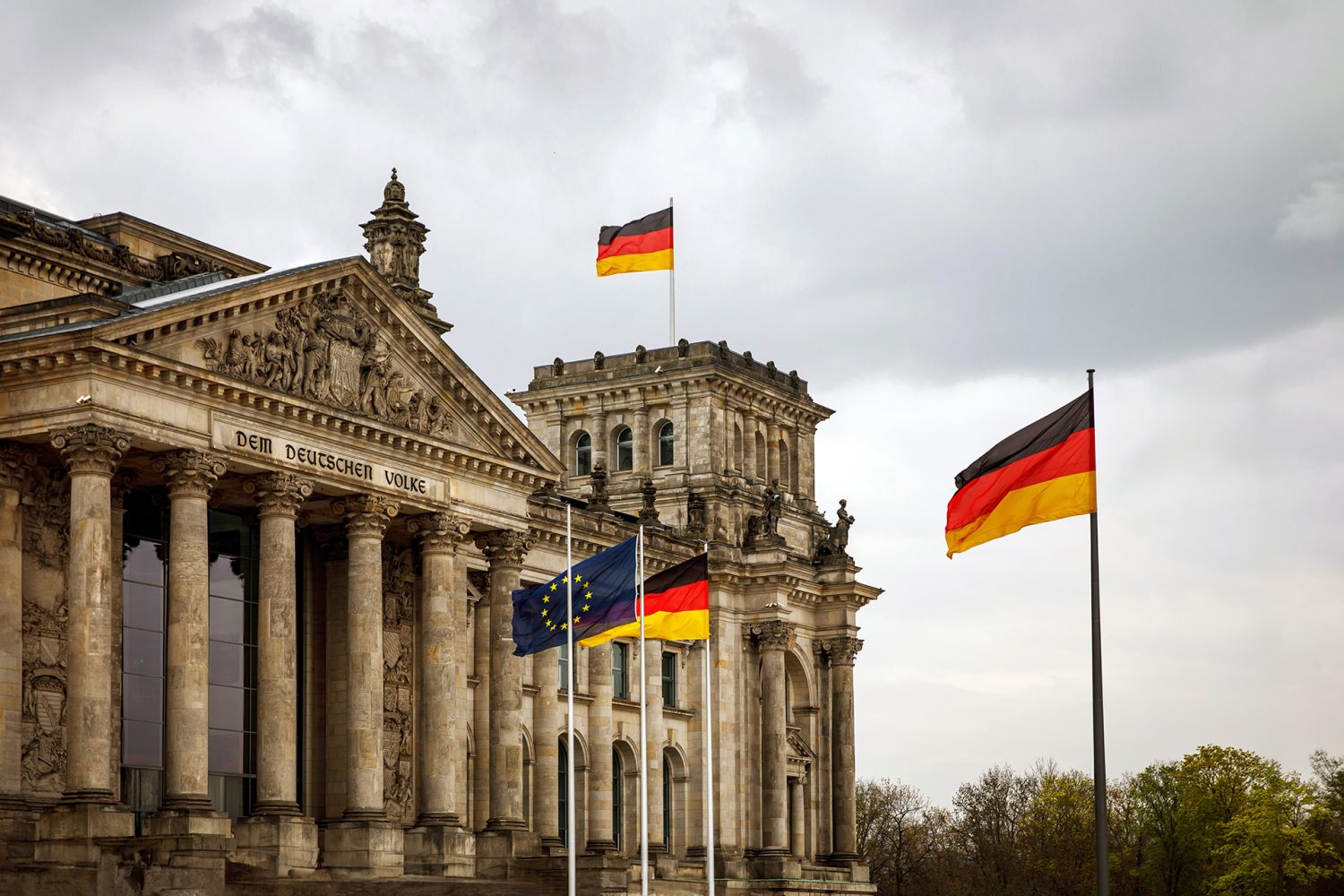
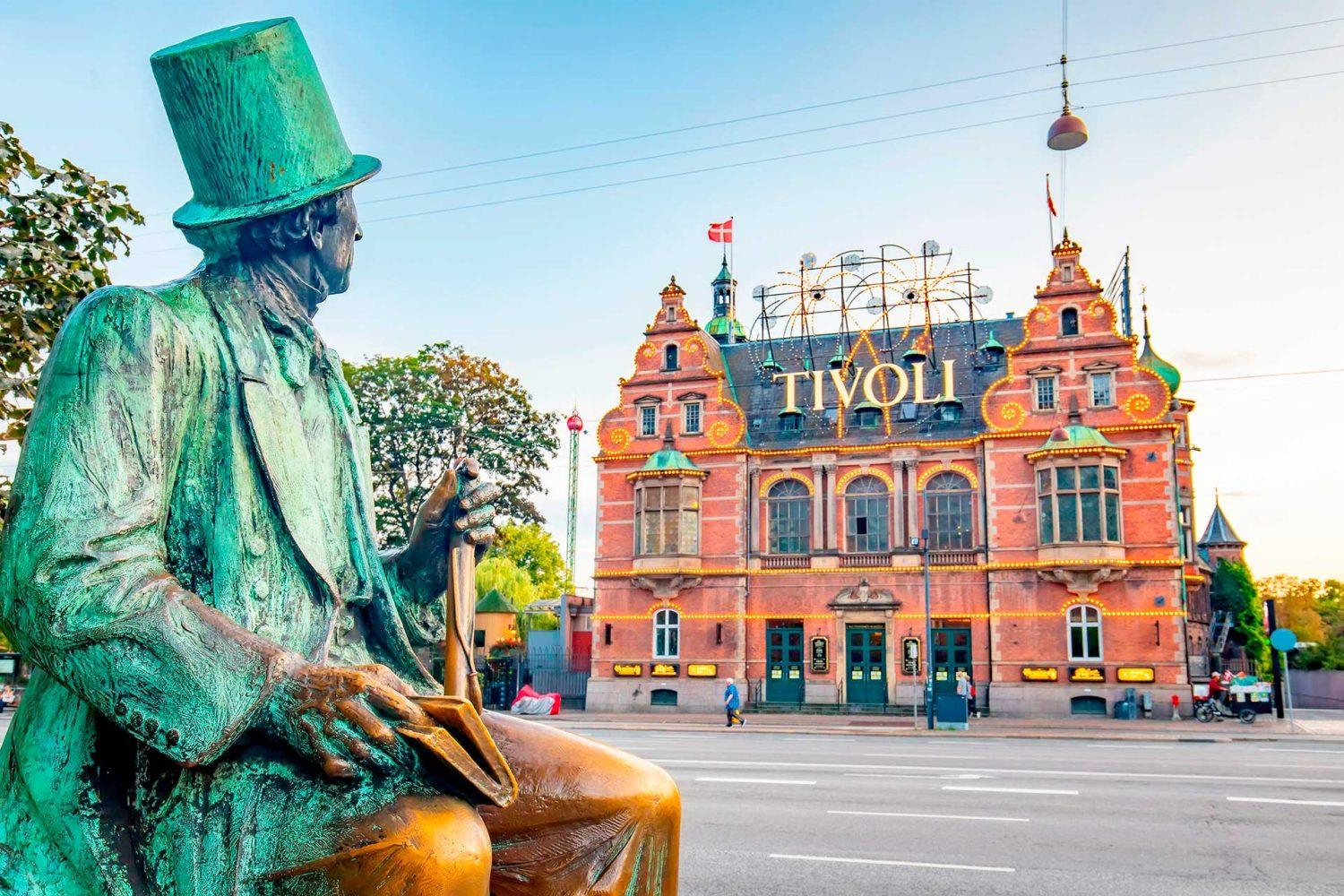
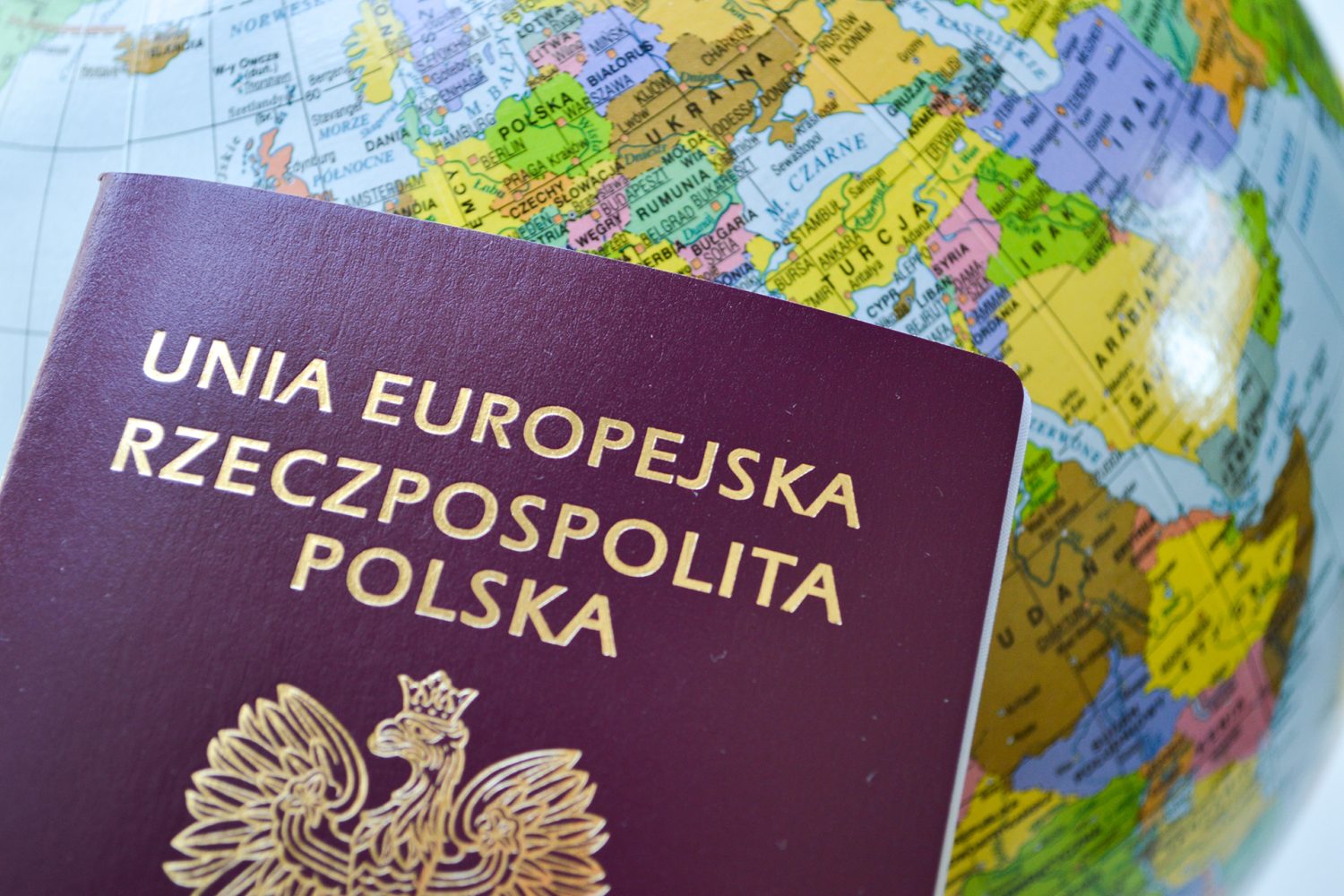
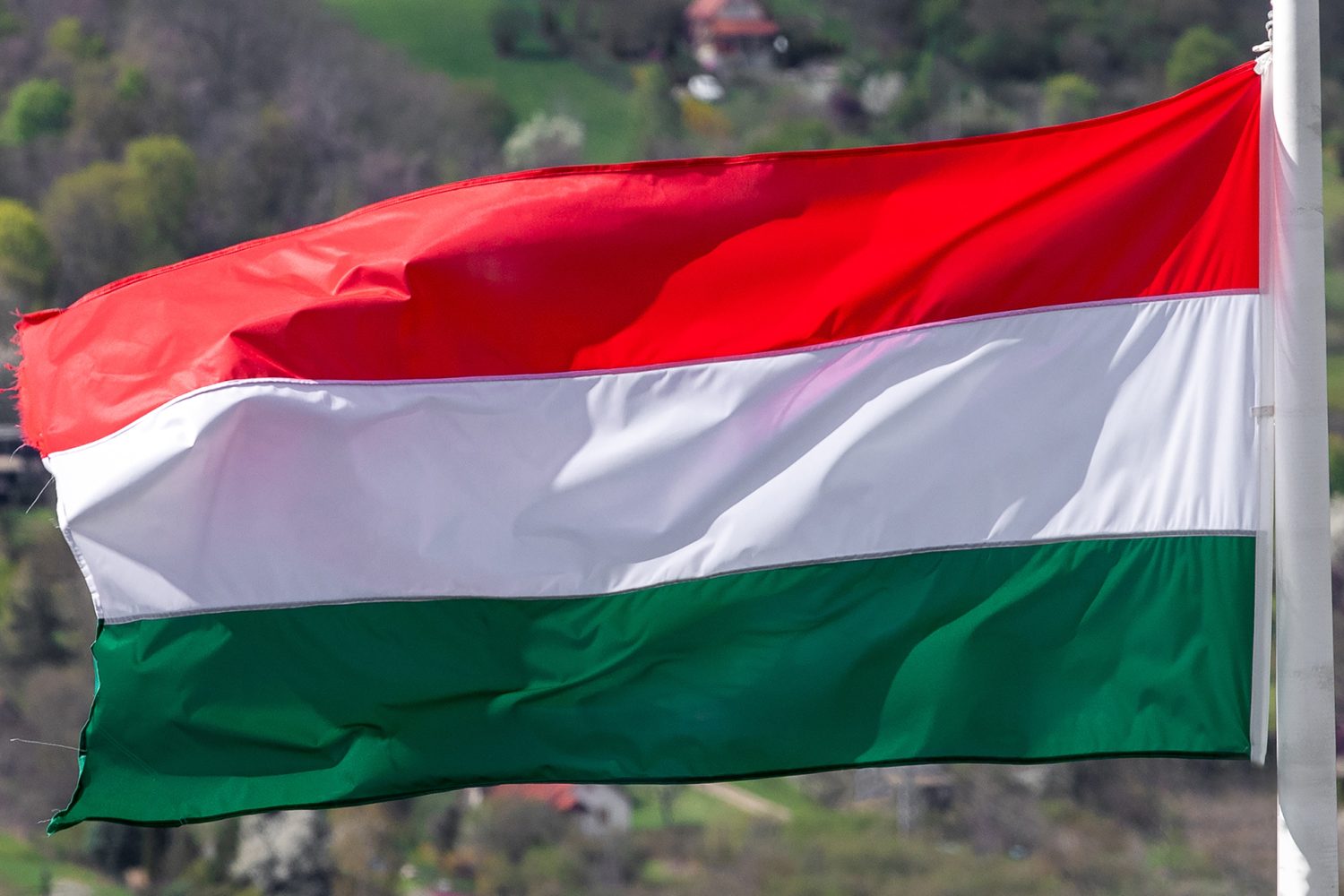

Marina Horvat
Can I acquire Slovenian citizenship through my Slovenian great-grandparent?
Diana Weber
Yes, it is possible to acquire Slovenian citizenship by descent up to the second generation removed, meaning your grandparent. However, claiming citizenship through a great-grandparent is more complex and not directly provided for under current Slovenian nationality law. In such cases, you would need to demonstrate a strong connection to Slovenia, such as active participation in Slovenian cultural organizations or proficiency in the Slovenian language. Each application is assessed individually, and the decision is at the discretion of the Slovenian authorities.
Akhtar Mahmood
I need your assistance to obtain EU citizenship. Please advise me the best possible solution.
Diana Weber
Hello! If you’re looking to obtain EU citizenship, I recommend leaving a request on our website, where our experts can review your case and provide tailored advice. Wishing you success in your journey!
ayaz ahmed ahmed
hello i need to ask any one can apply for this citizenship
Diana Weber
Hello! Yes, you may be eligible to apply for Slovenian citizenship through a simplified procedure. For detailed information, please contact us for a consultation.